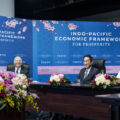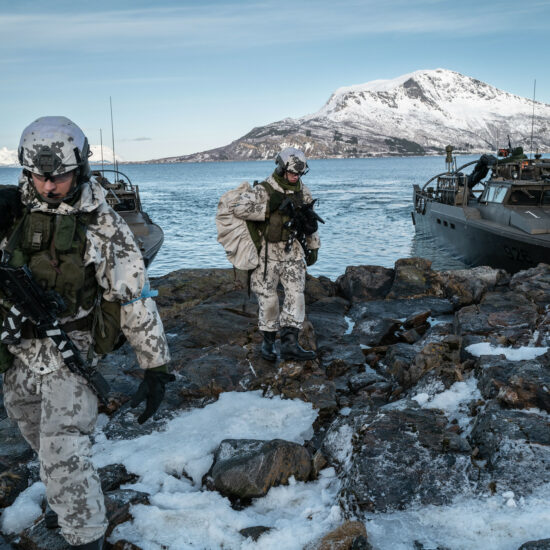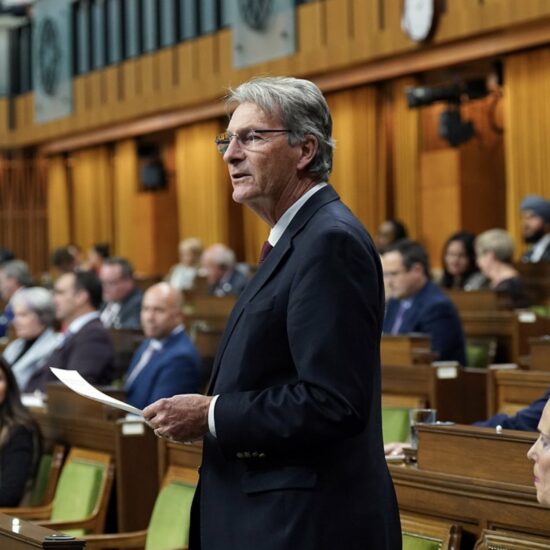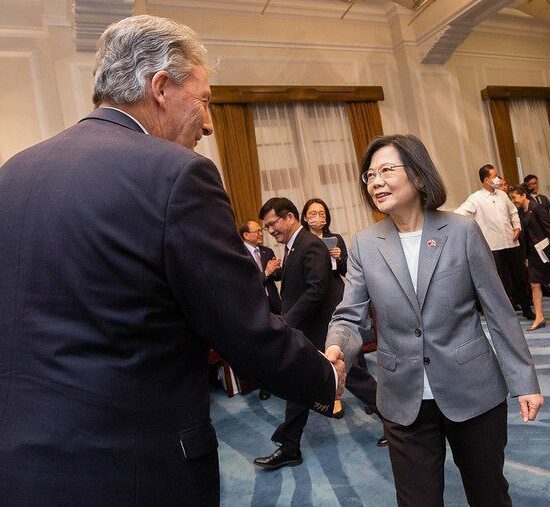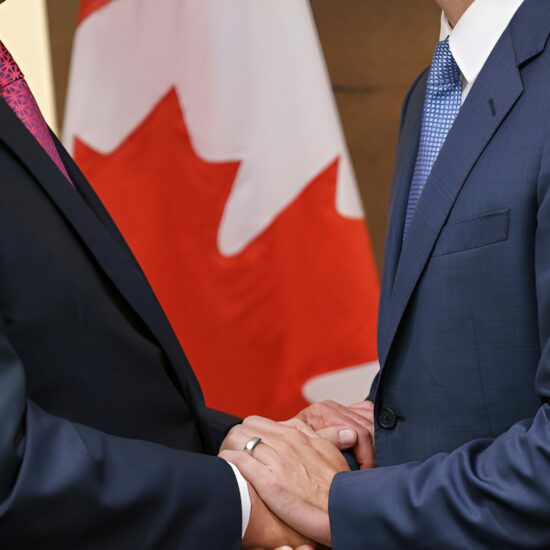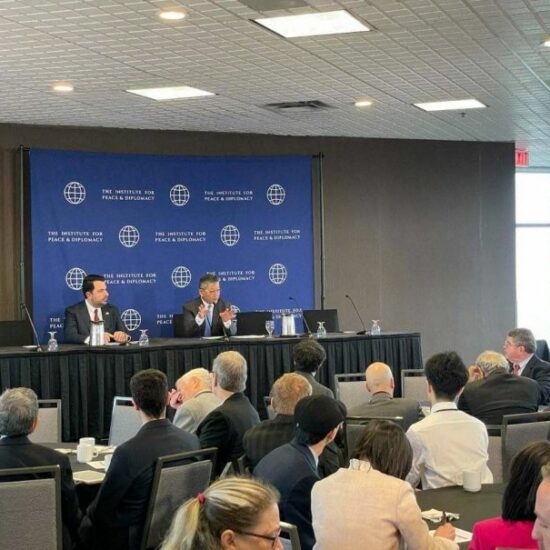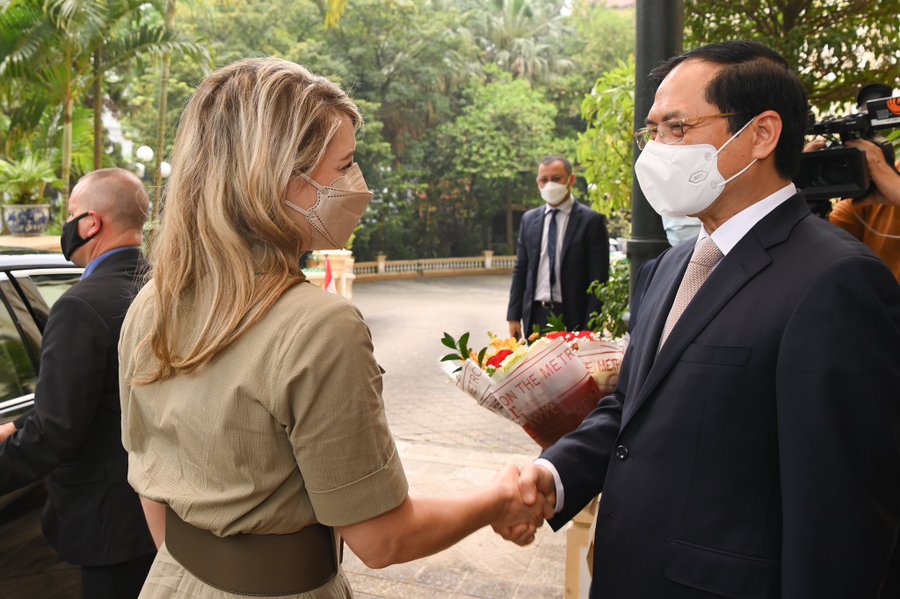
Image credit: Office of Mélanie Joly
This is an excerpt of an article published by the Network for Strategic Analysis (NSA).
In 2015, Prime Minister Justin Trudeau famously declared that Canada was “back” on the world stage. Yet more than six years into his premiership, the limits of Canada’s foreign policy have become apparent.
In addition to having only 58 UN peacekeepers deployed as of October 2021, a second consecutive failed bid for a Security Council seat has raised questions about the future of Canada’s multilateral influence. The country’s diplomatic corps has also suffered a decade of decline: only in 2021 did the number of employees at Global Affairs Canada finally return to 2010 levels. And contrary to some expectations, Canada-US relations have not become rosy after Donald Trump’s departure.
Reduced policy options now constrain Canada’s ability to pursue its national interests, even as the international landscape has shifted from a gradual transition of order to outright instability and insecurity in the wake of Russia’s war of aggression against Ukraine. This calls for a more clearly delineated national strategic posture, commensurate with Canada’s limited resources. To the end, Canada should (1) reorient its contribution to NATO toward the defence of North America and (2) outline a vision for regional order in Asia centred on trade and inclusive diplomacy
Read the full analysis from the NSA compendium below:
Dr. Zachary Paikin (@zpaikin) is a non-resident research fellow at IPD and a researcher at the Centre for European Policy Studies in Brussels (CEPS).

